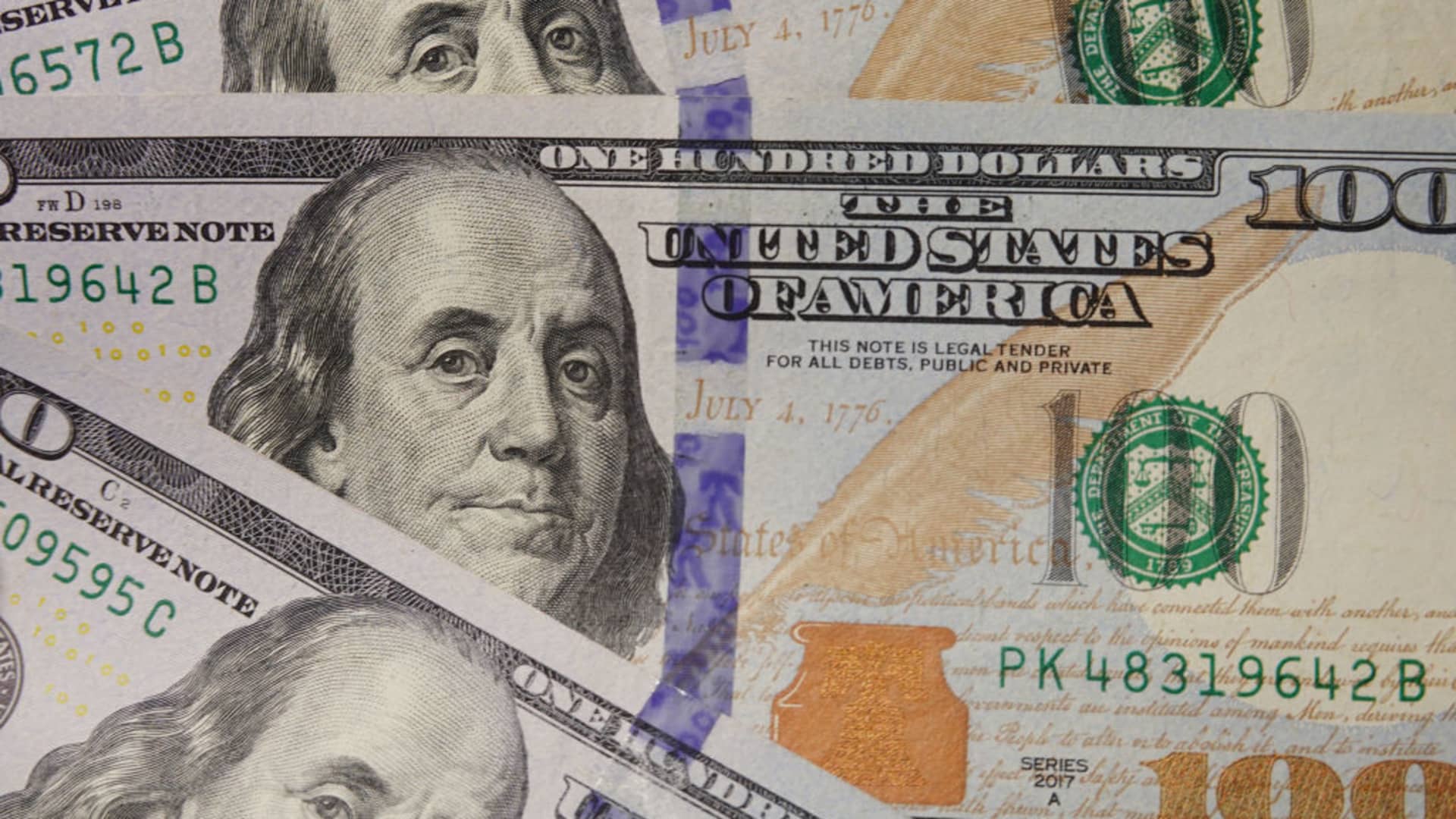Just like their longer duration brethren, the yields on short-term Treasury bills have been ripping higher. The yield on the 3-month Treasury bill, for example, stood at 3.99% late Thursday, the highest since 2007. It had crossed above 1% in May for the first time since the pandemic broke out in March 2020. Even before the pandemic, the yield on the 3-month bill was less than 2%. The 1-month Treasury bill was yielding about 3.16% Thursday, while the 6-month bill was yielding 4.49%. To put that in perspective, the 30-year Treasury bond was yielding 4.23% Thursday. “If you look at January, ’23 bills, they’re at 4%,” said Greg Faranello, head of U.S. rate strategy at AmeriVet Securities. “It’s a good story. Yields are finally offering people an alternative to equities, which I think is healthy. … It depends on your time horizon.” Anthony Watson, founder of Thrive Retirement Specialists, said investors need to be clear on what they are buying. Bond yields move opposite to price, so if investors buy a bond or bill, and interest rates rise, they could lose principal. But in the case of short-term Treasury bills, an investor can use them as a parking lot for cash they do not need for a month, six months or even a year. As a cash alternative, it makes sense to hold a short-term bill as opposed to a longer duration bond, in case the direction of interest rates changes. “You’re going to earn that yield and get your principal back at the end,” he said. Watson said all investors have different requirements, but for someone looking for a cash alternative for a short period, T-bills offer safety and a better yield than they have in years. “They can be a great cash investment alternative. If you hold it to maturity, it’s risk free. It’s a Treasury bond, so there’s no credit risk. As long as you hold it to maturity, you get that stated yield,” he said. Watson said there’s still a negative real return since inflation is running higher than the bills are yielding. “It’s still better than sitting in a savings account,” he said. He said if investors are putting money in bills it should be cash they don’t need for the duration. “It depends on when the money is going to be needed,” he said, adding that valuations in equities are starting to look appealing.
Source link
Related

























